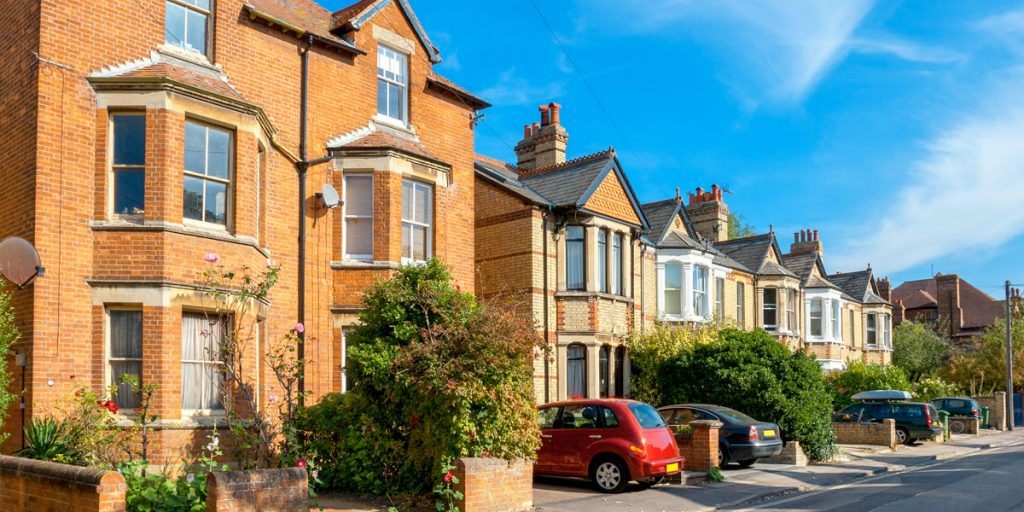Introduction to variable rate mortgages
Last Modified 16th of February 2021
In this second article in our beginner’s guide to mortgages we’re looking at variable rate mortgages, the alternative to the fixed rate repayment option.
What is a variable rate mortgage?
In basic terms, variable rate mortgages are linked to national interest rates – the interest rate on your mortgage can rise or fall each month and this will determine how much you repay.
There are two types of variable rate mortgage: tracker and discount, and these are calculated in slightly different ways.
Tracker mortgages
Tracker mortgages follow the national interest base rate, which is determined by the Bank of England. Borrowers will agree a deal in which the interest rate is fixed at a certain percentage above the base rate, say 2.99%, but this could go up or down when the base rate is reviewed each month.
Discount mortgages
With discount mortgages, lenders offer borrowers a deal where the interest is reduced from their Standard Variable Rate (SVR) – the typical interest rate they offer on their mortgage products. This is determined by the bank or building society rather than the interest base rate.
The main difference between tracker and discount mortgages is that tracker repayments will not change if the base rate stays the same; discount repayments may still go up, however, as the lender may choose to increase its Standard Variable Rate.
What are the benefits of a variable rate mortgage?
As there is an element of the unkown to the arrangement, variable rate mortgages tend to be offered at a lower rate of interest than fixed rate mortgages.
If you agree to a deal when the base rate is high, your repayments could drop dramatically should interest rates be lowered during the term of your deal, giving you more spare cash each month. In 2008/2009 when recession hit Britain, many variable rate mortgage holders saw a huge drop in repayments as the base rate fell from more than 5% to 0.5%, where it has remained since March 2009.
Households with enough financial security to cope with interest rates rising again may find that they can get a much more competitive interest rate with a variable deal than a fixed rate agreement.
What are the disadvantages of a variable rate mortgage?
Interest rates are like the weather: we can’t predict what is going to happen. Although the base rate has been constant for more than three years, it could conceivably rise again in the near future and, if this happens, anybody tied into variable rate mortgage deals will see their monthly repayments rise.
Equally, although variable rate mortgage holders will have been overjoyed to see their repayments plummet as the country grappled with economic difficulties, they have slowed down the rate at which they are paying off the money borrowed on their house.
If we’re going through a recession then house prices are affected. This means that it’s more important than ever to pay off as much as you can afford each month on your mortgage, as the less you have to pay back to the bank, the more profit you make when you come to sell your house. Please note this does not apply to those people with interest-only mortgages.
Am I best suited to a variable rate mortgage?
With the interest rate so low at present, the temptation is to opt for a variable rate mortgage and potentially switch to a fixed rate option if rates begin to rise at a later date. However you could still be locked into a multiple year deal when rates start to go up, leaving you know option but to pay more.
If you have a comfortable income in comparison to your mortgage payments and could afford to pay more if rates do increase then you could well get a better deal on a variable rate mortgage.
Alternatively, if you are limited in your budget and have other things you would prefer to spend money on than your mortgage, a fixed rate deal will offer you the consistency and security that variable rate deals are lacking.
Taking out a mortgage is a long-term choice, which means you need to look beyond the country’s current economic situation and decide which type of product will best suit your needs during the 2, 3 or 5 years that your interest rate deal lasts for. UK interest rates have changed an awfully large amount in the past; just think how much they could change again in the next five years.
